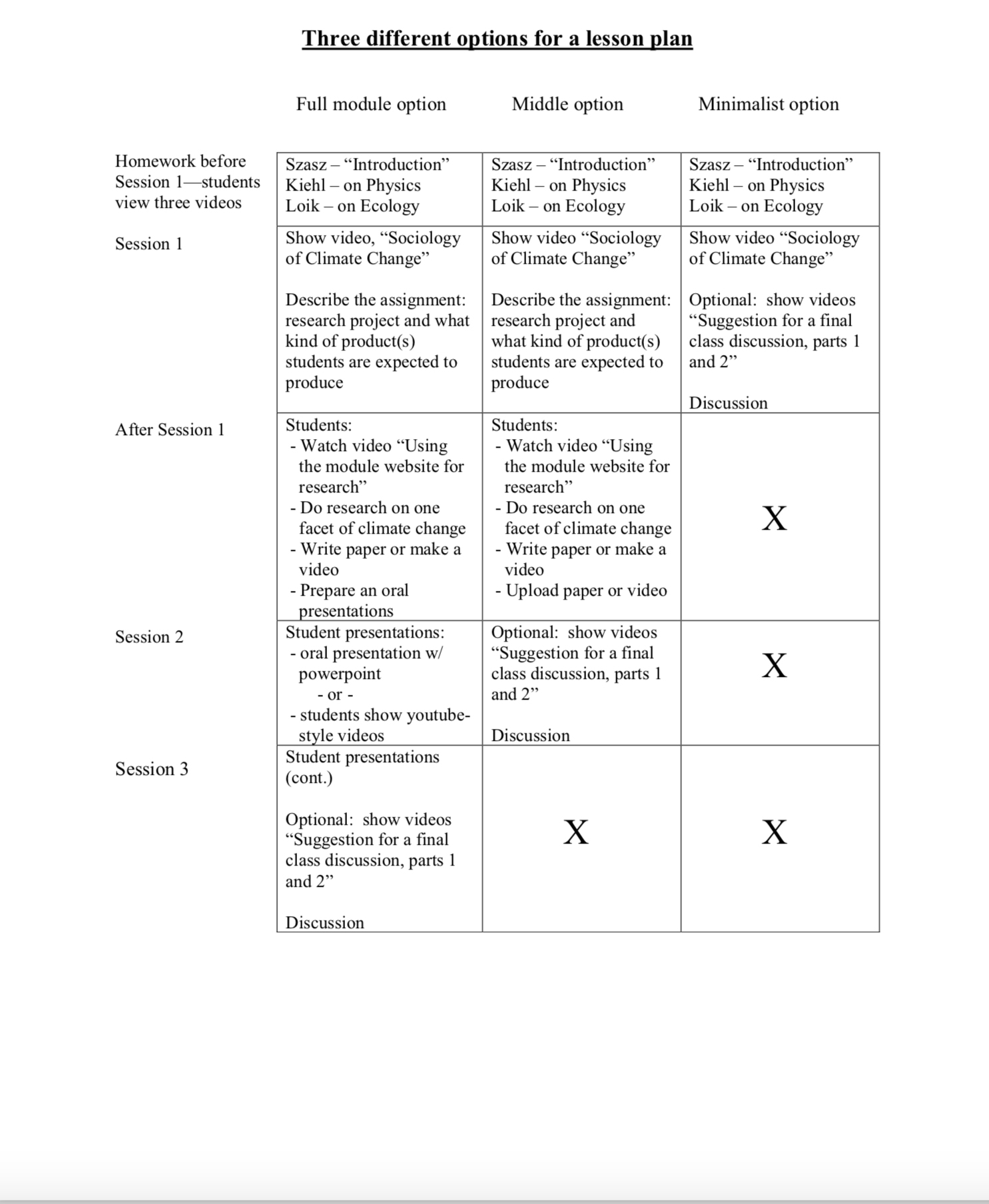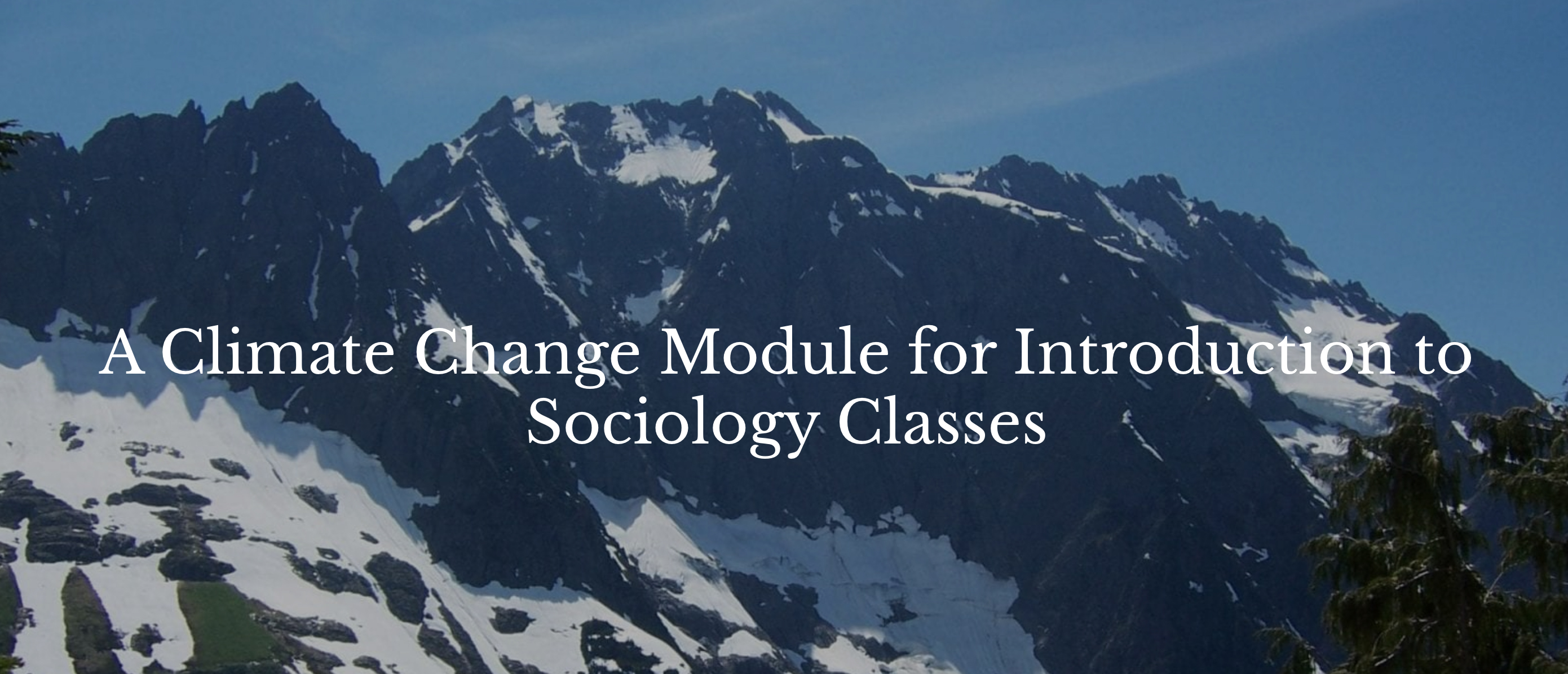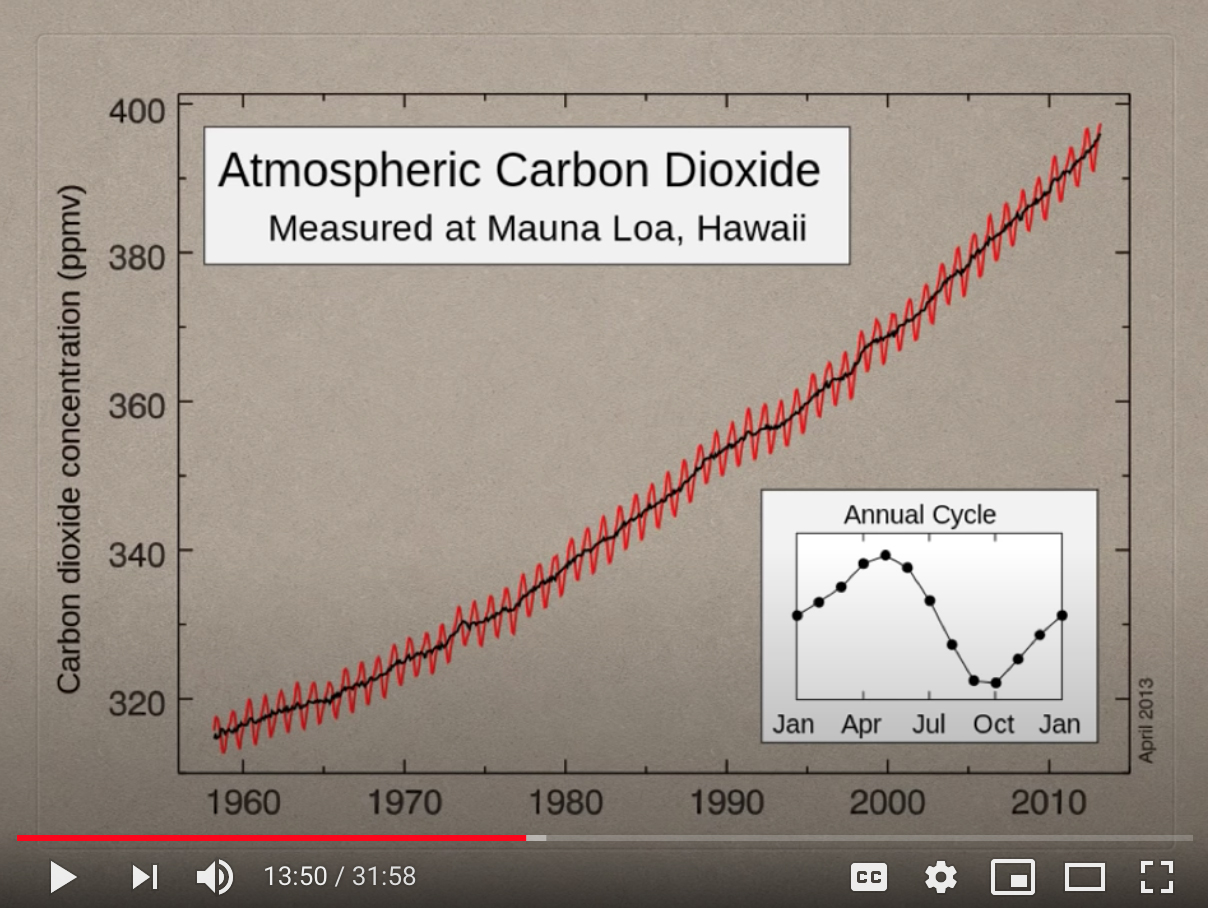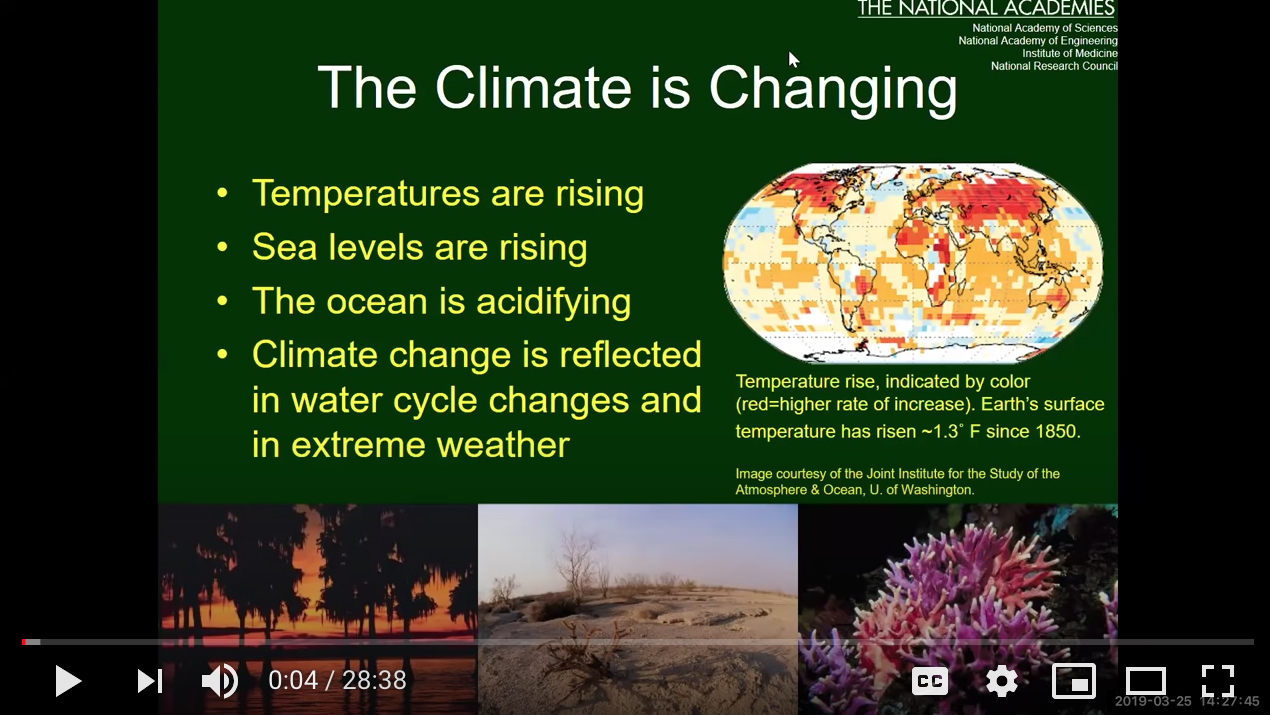The Sociology of Climate Change
ANDREW SZASZ
— curator —
Created and Curated by Professor Andrew Szasz
Department of Environmental Studies
University of California, Santa Cruz
with help from Dr. Jeffrey Kiehl
Department of Earth & Planetary Sciences
University of California, Santa Cruz
and Professor Michael Loik
Department of Environmental Studies
University of California, Santa Cruz
Why Add a Climate Change Module to your Introduction to Sociology class?
From its beginnings in the 19th Century, Sociology has been centrally concerned with the most important problems of modernity. Today, climate change looms as the greatest of such problems. Students now starting college will live the rest of their lives in the shadow of this, the most profound threat to global human society.
BUT: today’s best selling Introduction to Sociology textbooks cover climate change, almost always, only briefly and only very late in the semester. [Read that analysis here].
Showing students how Sociological analysis deepens understanding of climate change demonstrates to them the relevance and the power of Sociological thought, and helps them better understand one of the defining issues of our time.
Feedback
This is a work in progress. I would find it helpful to get comments and feedback once you have tried using the module. Please, share your thoughts. Make suggestions that will help me improve the website. Write me about any problems you see.
Thank you.
Andrew Szasz
Write to: szasz@ucsc.edu
- Updated — January 28, 2021
THREE LESSON PLANS for using The Sociology of Climate Change module:
The Sociology of Climate Change, Full Module Lesson Plan (PDF)
The Sociology of Climate Change, Medium Module Lesson Plan (PDF)
The Sociology of Climate Change, Minimalist Module Lesson Plan (PDF)

ANALYSIS: Climate Change is Largely Missing from Best Selling Intro to Sociology Textbooks
By Andrew Szasz, UC Santa Cruz
Each year 800,000 or more undergraduates take an “Introduction to Sociology” course in one of the U.S.’s roughly 4600 colleges and universities. That is far greater than the number undergraduates who major in Sociology per year, in recent years somewhere between 32,000 and 37,000 (http://www.asanet.org).
Introduction to Sociology courses are, then, one of the potentially most important sites where American undergraduates could begin to learn about climate change, its causes, its likely societal and ecological impacts, how the public and how political systems have dealt (or have failed to deal) with the threat.
How do Introduction to Sociology courses actually treat the climate crisis? In how much detail? When, in the semester or the quarter?
Concerns: Potential problems
Climate change can be a controversial topic. It is prudent to anticipate trouble. The instructor should be prepared to deal with potential problems. Some situations that may arise:
Powerful emotional reactions
Faced with troubling facts, some students may have powerful feelings of fear, dread, helplessness, powerlessness, feeling overwhelmed, depression, anger. Some may respond with some form of denial, active or passive (“spacing out”); others may cope with their overwhelmed feelings with expressions of irony or nihilism.
Climate denial
Some students in your class may respond with expressions of climate skepticism or climate denial.
If denial is expressed as “fact-based” argument – based, in fact, on incorrect information that the student has heard or seen elsewhere (seen, say, on the internet or heard on talk radio) — it may be possible to simply respond with factual argument. Here are two internet sites that refute the most frequently cited denialist talking points:
www.skepticalscience.com
insideclimatenews.org
The denial may be rooted, instead, in firmly-held political or religious beliefs. In such cases denial is based not primarily on information but is an integral feature of the person’s identity. Admitting that climate change is real, is caused by people, is experienced as profoundly threatening to one’s self, and one should anticipate extreme responses, hostile, angry.
MENU OF RESOURCES FOR THE MODULE
For Professors and Instructors
25 Research Topic Guides (PDFs) for the Sociology of Climate Change
Course Website: The Sociology of Climate Change



